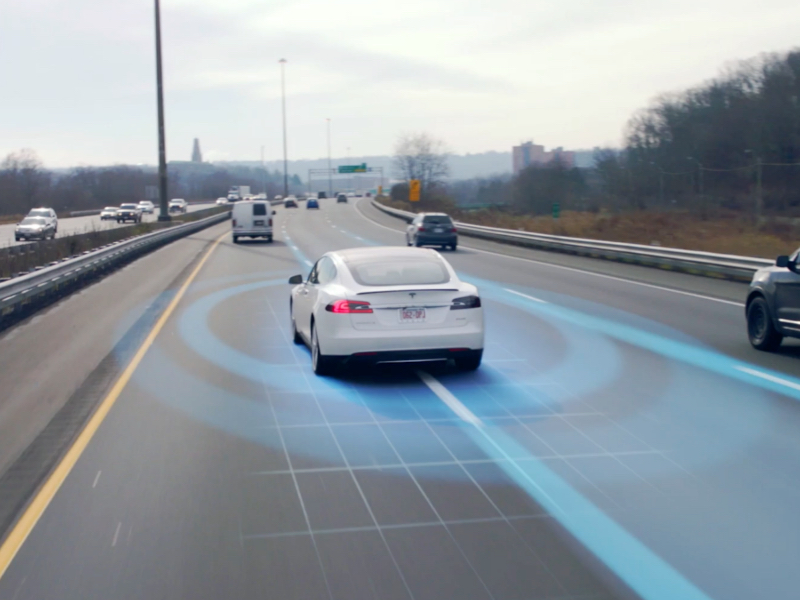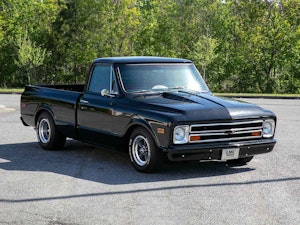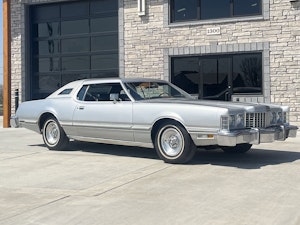Media | Articles
71 percent of Americans fear autonomous cars, says survey
The automobile industry is running headlong into developing self-driving vehicles. Though the industry is embracing autonomy, consumers are far more cautious. Actually “cautious” is too cautious a word to describe how a large majority of Americans are downright afraid of autonomous cars. Bloomberg reports that the latest AAA survey indicates that 71 percent of Americans fear autonomous cars. Over 80 percent wouldn’t let their kids ride in one. How self-driving cars will be integrated with a legacy fleet that includes cars from the 1950s and 1960s has yet to be determined.
The survey results are consistent with the 73 percent reported in last year’s AAA survey, which was a bit higher than what was reported in 2017, perhaps due to more news reports of accidents involving autonomous vehicles, despite the fact that most of those collisions were at low speed, with no associated injuries. There are multiple companies that are testing self-driving cars, and “autopilot” systems have proliferated in the luxury segment of the market.
Waymo, Google’s self-driving subsidiary, launched a robo-taxi service in suburban Phoenix last December and GM will start testing a driverless ride-hailing service in an as yet unnamed U.S. city later this year. Automakers and vendors are currently road-testing self-driving vehicles in at least five states, California, Arizona, Florida, Pennsylvania, and Michigan. Tesla offers its Autopilot system and Cadillac has Super Cruise.


Despite a seeming lack of public acceptance, both automakers and technology companies are investing billions of dollars in autonomous cars. Honda and Japan’s Softbank put $5 into GM’s Cruise Automation self-driving unit and Volkswagen is negotiating participation in Ford’s Argo AI subsidiary, reported to be a $4 billion investment.
Marketplace
Buy and sell classics with confidence
While it’s possible increased reports of accidents involving autonomous vehicles keep concerns high, that’s not entirely clear. “It’s possible that the sustained level of fear is rooted in a heightened focus, whether good or bad, on incidents involving these types of vehicles,” Greg Brannon, AAA’s director of automotive engineering, said in a statement issued to Bloomberg. “Also it could simply be due to a fear of the unknown.”
To address the problem and allay that fear, Waymo, Cruise Automation, and 22 other companies and organizations have formed a trade group, The Partnership for Automated Vehicle Education (PAVE), that will lobby legislators and educate consumers with workshops and public test drives. Familiarizing consumers with the technology seems to reduce concerns.
AAA’s study showed that people whose cars have driver assist technology like lane keeping and automatic emergency braking are less likely to fear self-driving cars. Sixty-eight percent of users of driver assist technology are more likely to trust semi-autonomous vehicles than not. Americans are also more comfortable with self-driving vehicles that don’t operate on public roads, like low speed people-moving devices at airports and theme parks. A little more than half of respondents said they would be comfortable in one of those.
20190314182317)
People have concerns about self-driving cars even when they are not carrying passengers. Interestingly, a majority, 56 percent, of those surveyed say they are not comfortable with package or food delivery via autonomous vehicles. Perhaps they want to be able to tip the pizza delivery person, or maybe they just want someone they can complain to if their package arrives late, or maybe they are thinking about how self-driving cars in general might interact poorly with human drivers.
Despite the fear, people will likely accept autonomous vehicles. After all, a majority of people still think the future will be self-driven. Fifty-five percent of the people in AAA’s survey believe that a decade from now most cars will be able to drive themselves.
For now it looks like that eventuality is inevitable, but as long as we still have the options to drive ourselves, the future of driving is safe.










